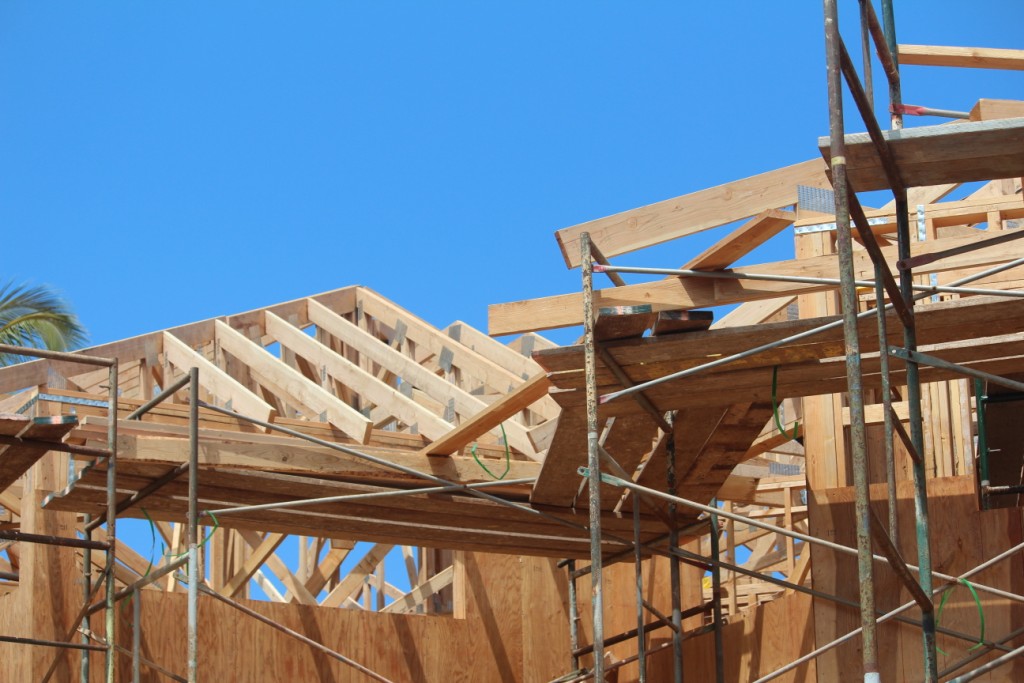Quality in New Homes: What is Acceptable?
0 Comments | Posted by armchairbuilder in Build Your Own Home, Owner-Builder, Quality Check
Defining quality in new homes can be difficult. What may seem like a good practice by some, may be shoddy workmanship to the next person. But the truth is, there is a minimum standard that should be met by contractors that goes beyond the building code. Unfortunately, many people choose contractors without really asking what type of quality can be expected. Let’s take a look at some ways for you to get a handle on the quality for your new home before entering into contracts.
Owner Builders Defining Quality in New Homes
If you are planning on taking on the general contractor role as an owner builder, you’re in luck. As an owner builder, you set the level of quality. Quality in new homes built by owner are set in the following ways…
- Trade Contractors Hired – By taking the time to properly screen your trade contractors, you will get the absolute best quality.
- Do-it-yourself – As an owner builder, you may decide to do some of the work yourself. The quality is then directly related to your workmanship.
- Scopes of Work and Specifications – When you hire a trade contractor or supplier, your scopes of work and specifications will tell them what quality you expect. Be sure to have these for your project. They should be included in the bid packages and as part of the final contract.
- Daily Inspections – Regular inspections are a must on any building project to make sure work is inline with the building codes and scopes of work and specifications. Check out The Builder’s Daily Construction Guide for specific quality check details.
Full Service Home Builder Quality
If you choose to go with a full service home builder instead of acting as an owner builder, the level of quality built into your new home will be set by them. After all, they hire the contractors that do the work and they train their superintendents that check quality. So whether you like it or not, they will set the standard.
So how can a person get a firm grasp on the type of quality the builder has? Obviously, the simplest method is to walk through some homes that are being built or have been completed by them. The problem with this is, it’s not an exact science. It can be tough to see past all the beautiful furniture and decorating in a builder’s model home. So before signing a contract, it’s a good idea to ask the builder to allow you to review some other homes that have been completed. Maybe they have a spec home or another sold home that is close to being done. Instead of focusing on the room sizes, windows and flooring, look at the actual quality in the finishes. Look closely at the flooring, paint, drywall and trim…get up close and personal to see if the finish is to your liking. Unfortunately, quality in new homes typically isn’t a concern for customers until the house is being built or is almost finished. If you wait to start the discussion until then, you may not like what you hear.
Besides going through existing homes, another good way to review the quality of a home builder is to ask for a copy of their warranty. The typical new home builder’s warranty is similar to other product warranties. Basically, it states what items are covered and what is not. In a good new home warranty, there will be tolerances listed to define what is acceptable. For example, let’s say you move into your new home and realize there is a slight dip in the floor. A typical builder’s warranty will tell you how much of a dip is acceptable, at what threshold they will address the problem, and how they will go about repairing it. The same goes for bowed walls and ceilings, door adjustments, drywall imperfections…etc. Although it probably won’t be a very entertaining read, the builder’s warranty will give you a good idea of what to expect of the quality in new homes you are considering to build.
One other place to get a good understanding of the quality being built is in the home builder’s specifications. Most quality builders have a list of specifications that define what you are purchasing. A few examples would be…
- Material, thickness & width of exterior sidewalks
- Siding material specifications (i.e. thickness, shape, color, material…etc.)
- Foundation wall type, waterproofing thickness, drainage system configuration…etc.
- Insulation thickness, R-value, and type per location
If you’re thinking of having a home built by a general contractor or home building company, do yourself a favor and learn everything there is to know about their quality prior to signing the contract. If you want to learn more about high quality construction, be sure to stop by our e-Store for some great resources to help make sure you get the best.


